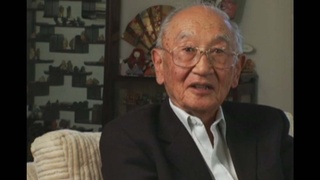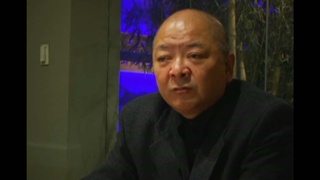Interviews
Necessary apologies (Spanish)
(Spanish) Now that the word reparation is trendy, the word repair must come from centuries ago, and in this group of people is where the Japanese community is, right? It is too unfair, too outrageous what happened. If you believe Pearl Harbor was the day that will live in infamy, the history of Japanese in Peru is the story of the infamous. As I wrote one day in “Discover Nikkei”, the most painful thing is not that their properties were confiscated or that were taken to concentration camps. The most painful thing was that they woke up one day and they didn’t have a homeland: they didn’t have a past: they found nothing. And this is cruel. There is no right to do this to anyone. No one has the right to take the spiritual land in your life. Therefore, they ought to receive an apology that hasn’t been given yet. North American has done this with the Japanese community in the United States. Why hasn’t Peru done it? But to ask that is to ask too much of Peru. The day this happens is because first… Also, there is a big line to wait on. We are on the ticket to ask for reparation or apologies. We are on the part, almost the last of the line, because the natives have to ask first. Then come the people from the jungle, the black people, the Chinese people, and finally, women.
Date: February 26, 2008
Location: Lima, Peru
Interviewer: Harumi Nako
Contributed by: Asociación Peruano Japonesa (APJ)
Explore More Videos




General Ryder’s faith in the 100th infantry battalion
(1919 - 2006) World War II and Korean War veteran


Lost respect for the flag after incarceration
(1913-2013) Doctor specializing in obstetrics in Southern California

Traumatic experiences before camp
(1913-2013) Doctor specializing in obstetrics in Southern California

Joining the hospital unit in Santa Anita Race Track
(1913-2013) Doctor specializing in obstetrics in Southern California

“Everybody went in like sheep”
(1913-2013) Doctor specializing in obstetrics in Southern California

The horror of Hiroshima after the atomic bombing (Japanese)
(1928 - 2008) Drafted into both the Japanese Imperial Army and the U.S. Army.

Finding out Roosevelt wanted Japan to attack
(1919-2020) Member of the 1800th Engineering Battalion. Promoted Japan-U.S. trade while working for Honda's export division.

Parents expected to be taken by the FBI
(1919-2020) Member of the 1800th Engineering Battalion. Promoted Japan-U.S. trade while working for Honda's export division.

525 Quartermaster Corps
(1919-2020) Member of the 1800th Engineering Battalion. Promoted Japan-U.S. trade while working for Honda's export division.

Fort McClellan soldiers
(1919-2020) Member of the 1800th Engineering Battalion. Promoted Japan-U.S. trade while working for Honda's export division.

Integrating As First-Generation Japanese-Peruvian (Japanese)
(b. 1962) Japanese restaurant owner and chef in Peru
